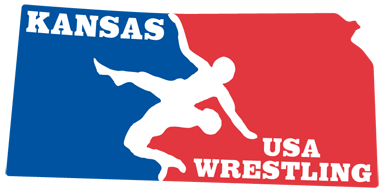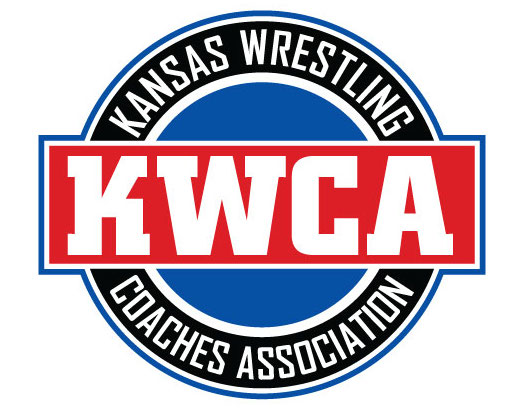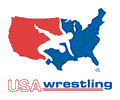themat: don't be discouraged and stick with it for a few years before you decide you don't like it. A lot of new officials with potential end up getting run off because of unrelenting and unfair criticism. If nothing else, relax and tell the red-faced screamers you are new at this and are hoping to get better. If you are doing kids' tournaments, there is nothing worse on the ego of a new official. Way too much emotion, too close quarters, unskilled and uncertain wrestling, and parent coaches. It is a no-win situation. Ignore it the best you can and focus on the match. My highest admiration is for those who will officiate kids wrestling.
There are a lot of good resources to help you. I strongly recommend the NFHS officials forum. From there you can access sites that have all sorts of information on how to become a better official. Learn the rules. Read the case book. Often. Nothing will get you in trouble quicker than not knowing the written rule. There's no reason for that. Watch matches on film (including yours) and think about situations before they happen. Watch other good officials and take things you like from them. How they start matches, award points, hold themselves out. Look sharp as you can when officiating. Be confident. Ask experienced officials for real feedback and take it as constructive criticism. Also,coaches, at the right time and right place, can be good sources well. If you are having several coaches tell you that you need to get in better postition, you probably need to be considering that. Coaches want consistency.
The hardest calls are the judgment calls...control, stalling, edge of the mat situations, potentially dangerous. The best advice I can give is to be consistent and understand what your criteria is going to be in these situations which ought to be within the "norm" of other officials in your area. When I first started, it seemed stalling calls just weren't being made. Now there's an emphasis on it. Go to rules meetings and clinics.
Also, while wrestling can be very, very important to some people, it may seem their whole life revolves around it,but it is unlikely that any one call or one match is going to cost anyone a career, any money, or a chance to wrestle in college. Even Dan Gable lost a match. What can have serious consequences though, and what you must learn and react to, are situations that might result in injury. No match, no point, no trophy or title is worth a dislocated shoulder or cracked head. Protecting the wrestlers is our only real job, the rest is just gravy.







